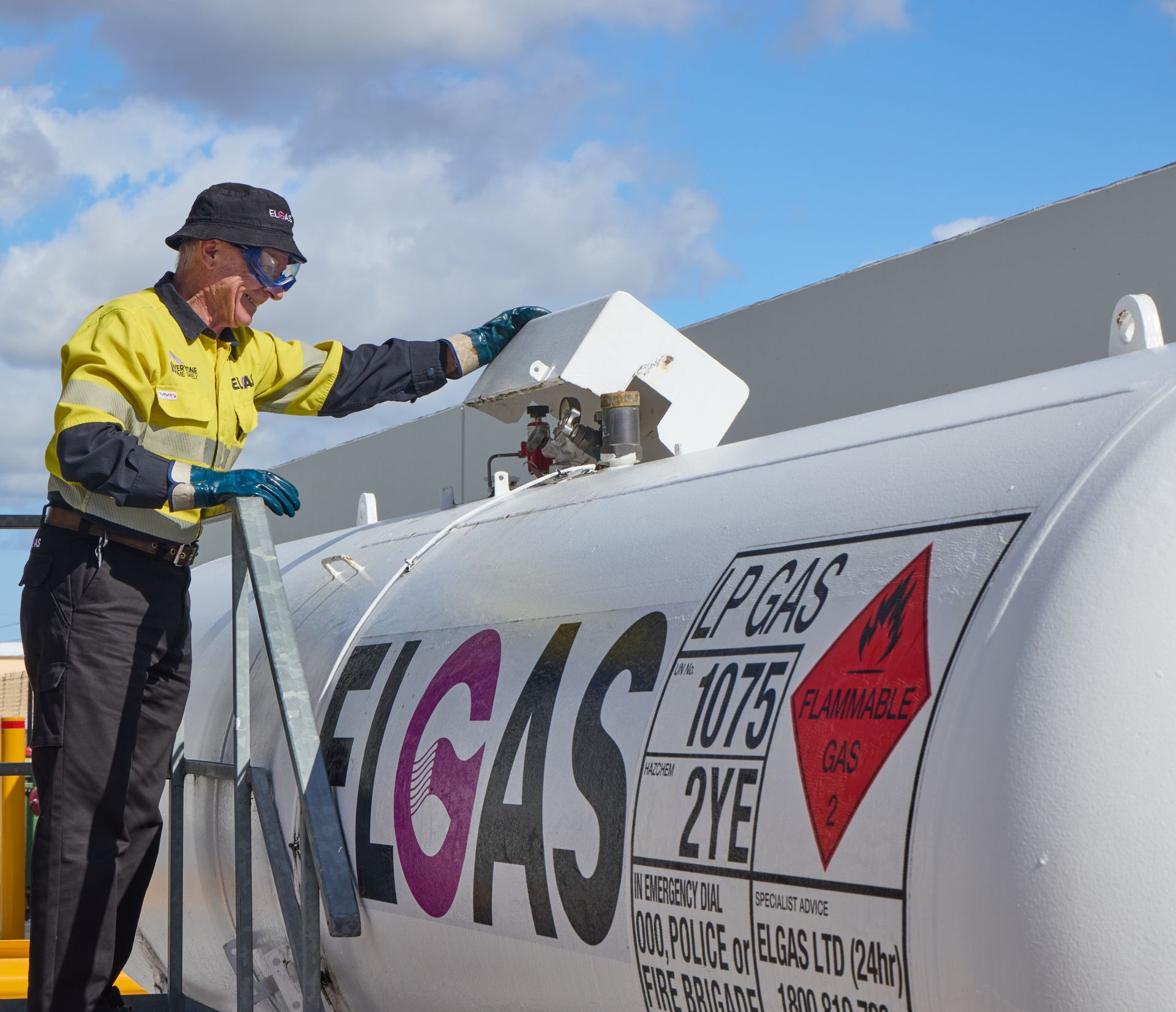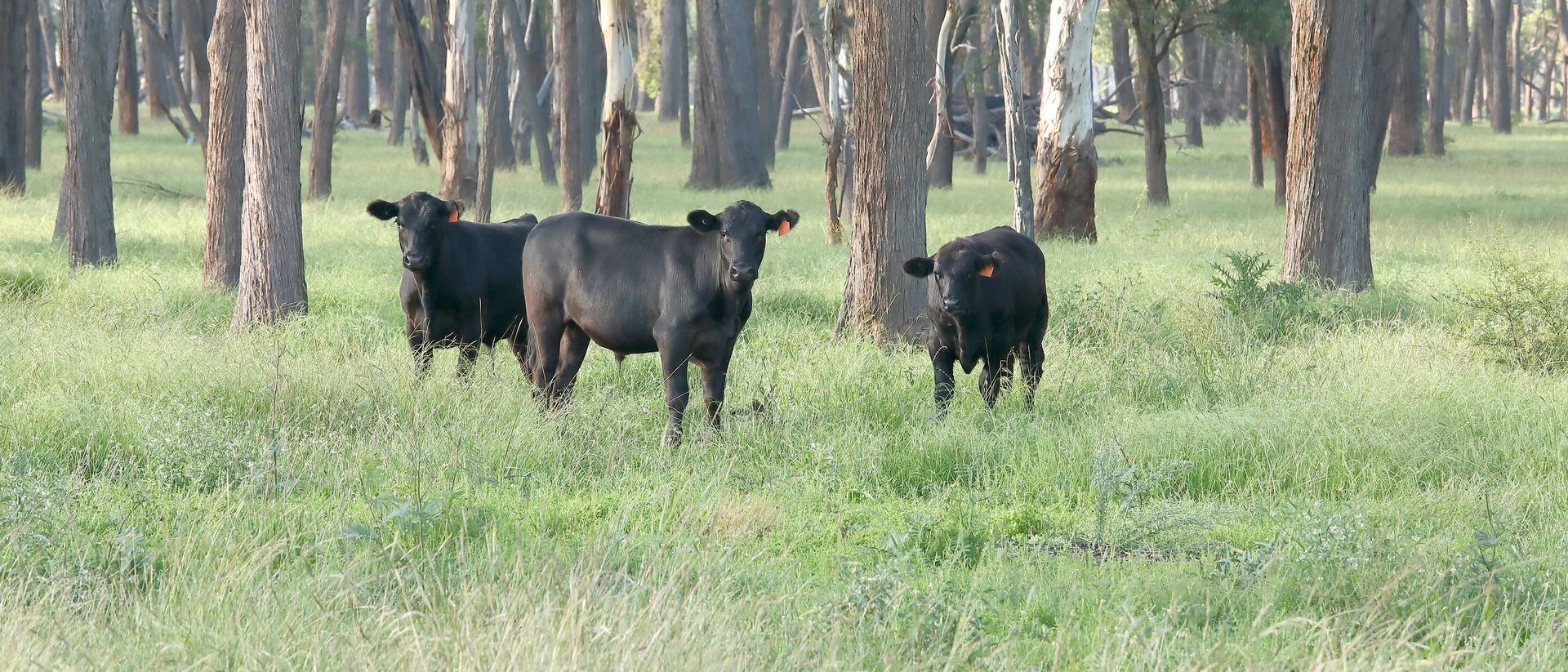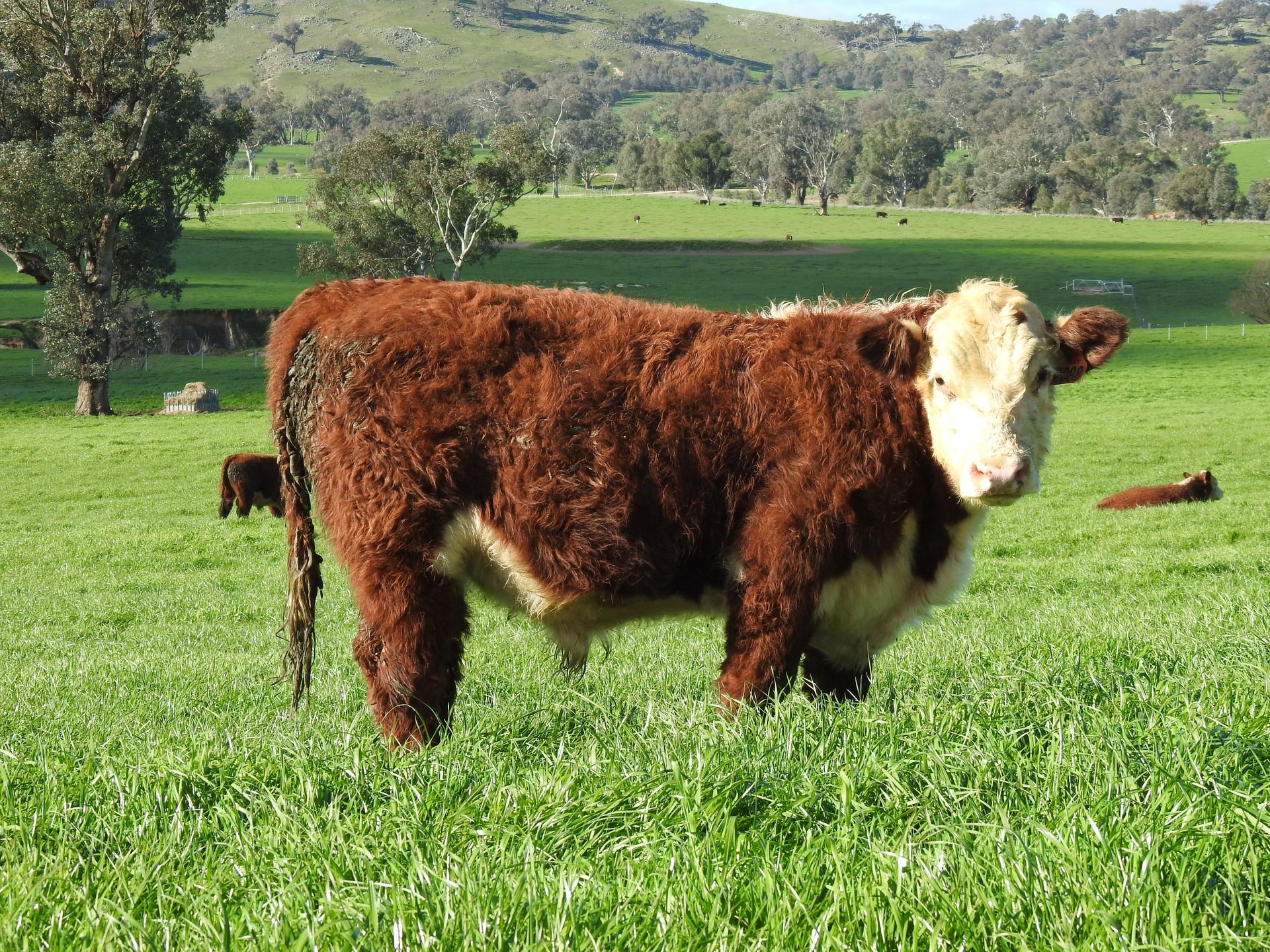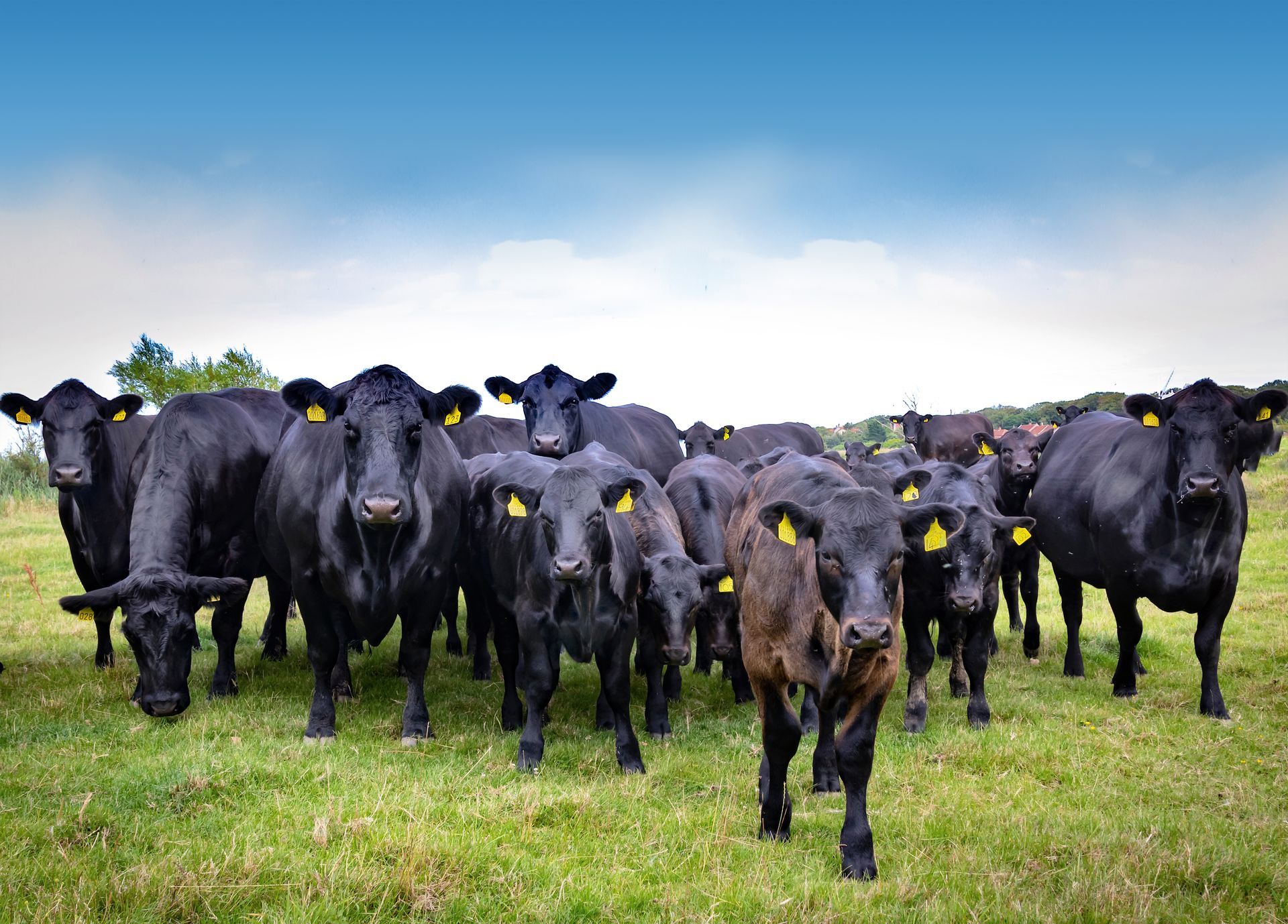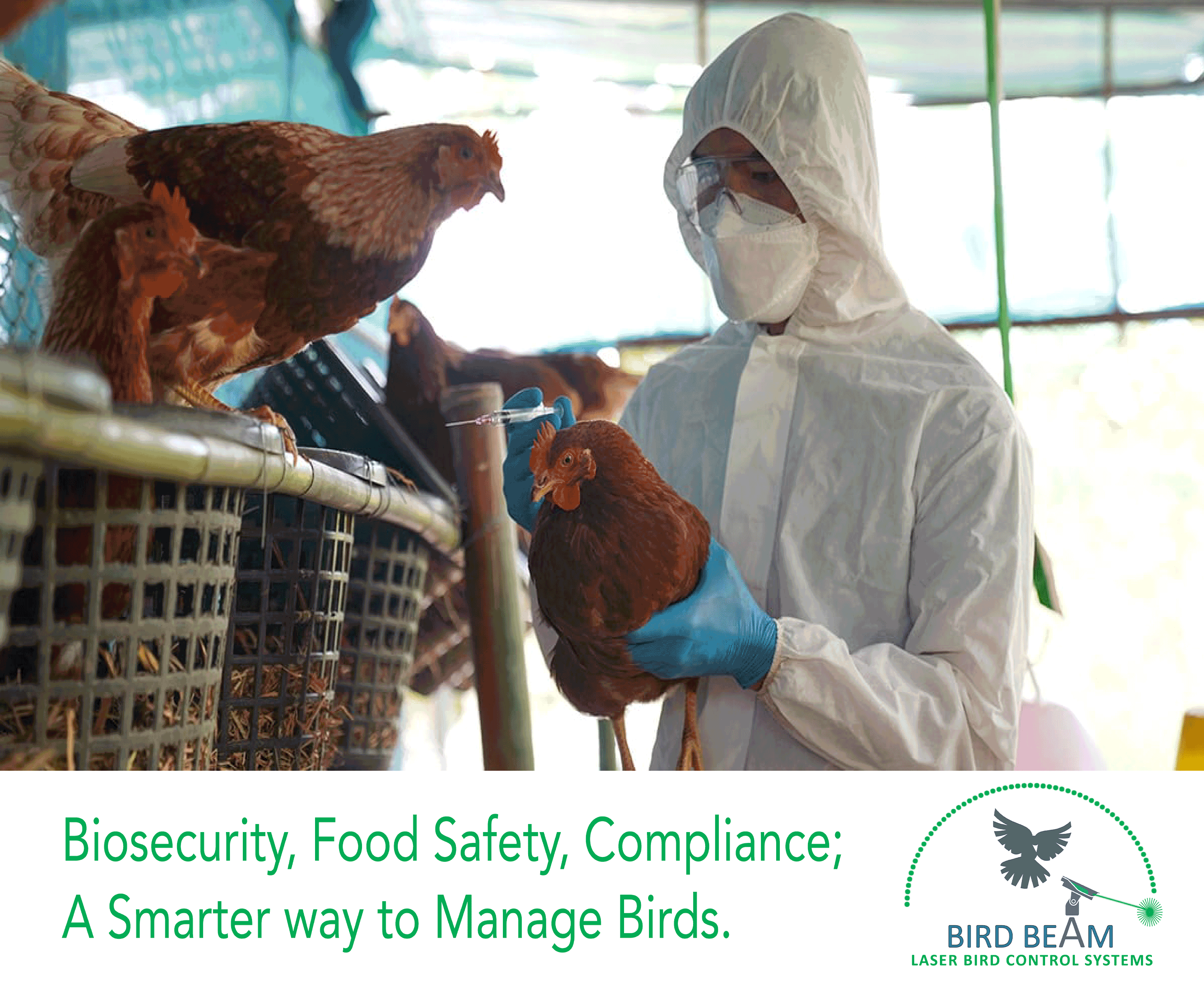1MG FlippingBooks
Tasting the fruits of success
Changing climates demand more innovation than ever before for farmers to feed our growing global population.
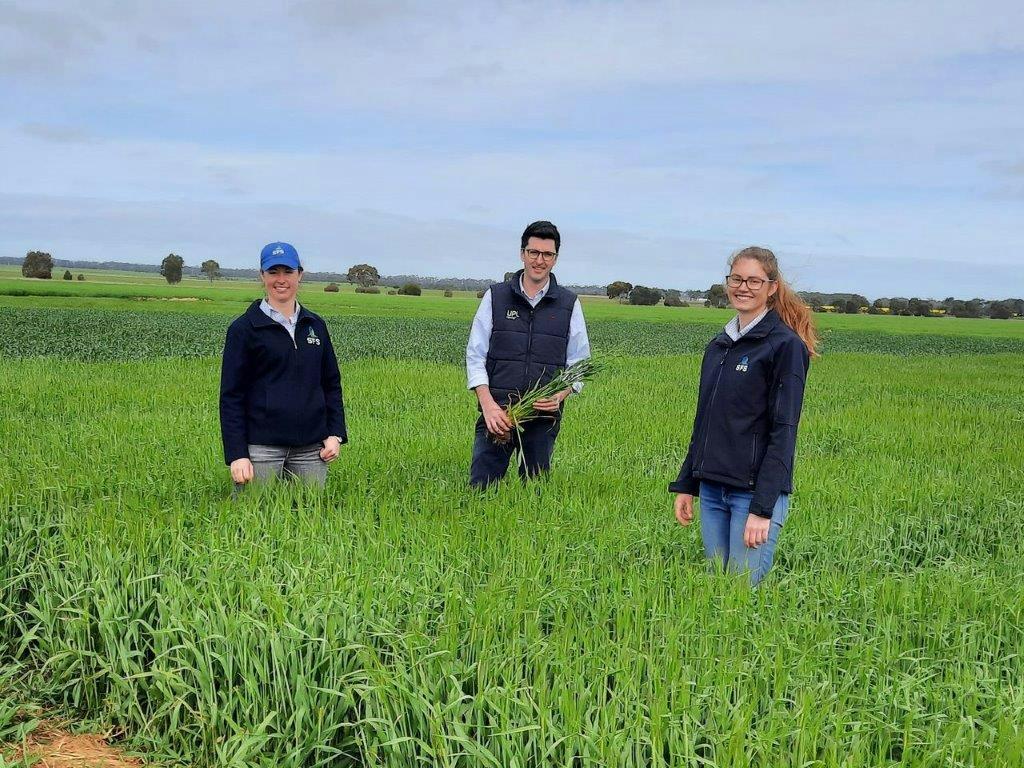
Thinking about what the world looks like at the midway point let alone end of this century often prompts thoughts about the future condition of the natural environment, especially given the sheer number of people that will interact with and impact it.
A research team at the University of Washington, for example, estimates the world’s population will peak at 9.7 billion in 2064 while the UN predicts the population will plateau at 10.9 billion by 2100.
According to the World Resources Institute, this population will need to eat 33 billion meals per day.
The past couple of years has provided many lessons for the future of humanity as we progress through this 21st century, one being the importance of local agricultural supply chains to food security.
Part of that includes protection of fragile crops during extreme weather events such as droughts and cold snaps - both that are becoming increasingly frenetic and frequent.
The UN’s Food and Agriculture Organization recognises this, with one of its key messages in its report on the future of food and agriculture being “Agricultural production is limited by the increasing scarcity and diminishing quality of land and water resources.”
Crop protection has become a booming global business and, according to British market research provider IHS Markit, the value of the industry has increased by eight per cent across the Asia-Pacific region during 2021.
The same market research identifies UPL Ltd as the fifth biggest crop protection business by sales in the world. Despite UPL delivering worldwide impact on an increasingly hungry population, the original family is still involved in the business after half a century in the marketplace.
Founded in India more than 50 years ago, UPL has continuously innovated and adapted over its five decades’ history to bring new crop protection solutions to farmers in Australia and around the world.
With a head office in Adelaide, UPL Australia – a group of companies including Pacific Seeds, Hannaford, and Nurture Farm – does this by offering industry-leading solutions that enable better management of yields and crop quality, including a unique high load herbicide called Fascinate™ DRY, which is used to control weeds that are resistant to other herbicides like glyphosate. Select™ Xtra Herbicide, the premium grass selective herbicide for the Australian Canola and Pulse crop grower, and MainmanR Insecticide – a unique mode of action aphicide for use in Canola, Horticulture and several more crops, are some others while Quick Phos™ is a market leading grain protectant. Rancona™ Dimension offers premium protection of wheat and barley seed while Kanemite™ Miticide is a new mode of action miticide for the tree crop grower.
In 2021, UPL launched a range of bioprotection, biostimulation and bionutrition products into Australia. These market-leading products have been developed by UPL globally over the last 30 or so years and are now available to Australian growers. The new products include sustainably produced, organically certified, Ascophyllum nodosum-based biostimulants that promote and enhance plant and root growth, flower and fruit set and assist the plant to cope with such biotic stress as frost and heat.
UPL ANZ’s Marketing and Product Development Manager Ian Cass says the company’s focus on the customer enables it to deliver cost-effective solutions quickly as part of its ethos to respond agilely to farmers’ needs, as indicated above. Ian adds that UPL is proud that it invests over $5 million in research and development in Australia each year. UPL also invests back into the community by proudly supporting the Australian Mens Shed Association, particularly in rural communities where they play such an important part of the community, and Active Farmers, who are playing an important role in helping farmers to remain fit and resilient.
Right here in Australia, one of UPL’s offshoots is leading Australian farmers into the future. Pacific Seeds, now in its 60th year of operation in Australia and with its head office in Toowoomba, is facing the challenge of climate change by continuously innovating new products that are tolerant to drought, heat, and other extreme weather conditions.
It does this through a range of seeds that are more environmentally-friendly – by requiring less water, for example – and less economically inefficient for primary producers.
Pacific Seeds’ marketing manager Andrew Short says innovation has been embedded as a key value of the company since being established in Biloela, in central Queensland, in 1962.
Amongst its many national firsts, the company released Australia’s first hybrid sunflower in 1974 and then in 1988 introduced the world’s first hybrid canola. Pacific Seeds is also credited for the first immuno-tolerant grain sorghum, Andrew reports.
Australian farmers continue to enjoy the fruits of Pacific Seeds’ labour – a grower, for example, in Northam WA recorded an average yield of 2.34 tonnes per hectare using the company’s next generation Hyola Blazer Triazine Tolerant canola hybrid. Likewise, grain sorghum is another crop that is reaching for the stars. Last year, the Wall Street Journal interviewed Pacific Seeds’ managing director Barry Croker about how the company captured an additional 5-10 per cent in sales by using predictive analytics to move sorghum seed into northern NSW before the region’s heavy rain season.
The overall health of cereal crops is also the focus of Hannaford, another in UPL’s group of companies.
Hannaford, with its head office in Adelaide, too has a long and illustrious history supporting Australian farmers and in fact are three years away from celebrating their centenary.
The company has demonstrated innovation from the outset – its founder Alf Hannaford invented the original seed grader, the Hannaford Wet Wheat Pickler, and the Hannaford Ideal Dry Pickler – followed by other iterations.
This prodigious record of innovation has carried through to today’s seed treating and processing technology, which uses the latest digital tools to control equipment.
Just as importantly, Hannaford’s seed treatments, including biostimulants, tackle the problem of weed seeds and facilitate the growth of better crops. “Proper seed grading gives a dramatic increase in yield of up to 45 per cent”, states the company’s Commercial Manager Brett Heath .
Australian farmers have responded to Hannaford’s long-term commitment to quality and reliability over ten decades of transformation. For example, Gerard Paganoni at Broomehill in southern WA reports that the company’s Rancona Dimension seed treatment from UPL not only solved his crop disease issue, but treated seed flows much better and handles really well compared to other products we’ve used.
UPL’s vision is to be “an icon for growth, technology and innovation”. Australian farmers are engaging with this vision and are playing their part to realise it.
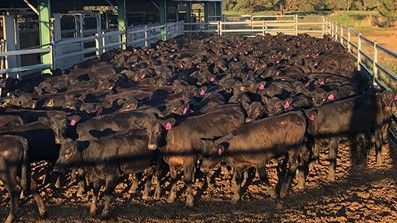
A selection of The Australian Farmer Sponsors - Click on a banner below to find out more...

